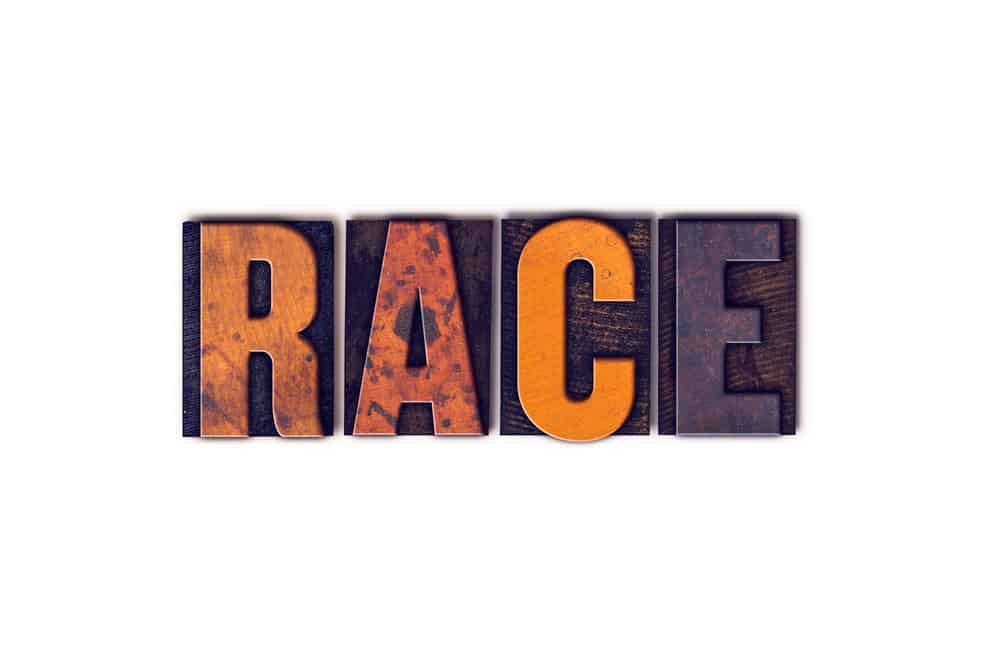http://blog.chron.com/newswatch/2011/09/fbi-pulls-training-that-branded-muslims-as-violent/
The FBI is a federal law enforcement agency that is responsible for discovering and preventing terrorist plots against the United States. In its training programs it has been referring to the prophet Mohammad as a “cult leader.” The training included a series of charts indicating that Muslims were inherently violent and anti-american.
Racial profiling is a form of discrimination and it violates our civil rights. In 2001 President George W. Bush issued a directive in a joint session of Congress that racial profiling would be banned in all Federal agencies, creating stricter guidelines for preventing racial profiling than those provided by our Constitution. The Department of Justice has a standing order to ban racial profiling as well, and it lists concerns about racial profiling in the continuing war on terror.
While it is unquestioned that law enforcement can consider the race of a suspect in a criminal investigation, generalizations that imply that someone is suspicious or guilty merely because of the color of their skin or their ethnicity is generally banned from all law enforcement agencies. This means that the police officer, or investigating agent, cannot approach a suspect merely because he or she looks like a Muslim, or a Mormon, or the suspect is Black, or Hispanic, or Caucasian. Law enforcement officers must have some “reasonable articulation” of facts that gives them ground to approach a suspect if they plan on investigating him or her for a crime, and it is per se unreasonable for the officer to say “I approached the suspect because he was a Muslim” or “he was Black, so I felt it necessary to investigate further.” If an arresting officer does not have a reasonable suspicion that a suspect has committed a crime and he arrests a suspect anyway then the case will likely be thrown out of court, because courts will not allow illegal arrests to be the basis for a criminal complaint.
In Texas, our legislature has elected to go even further to protect the rights of its citizens facing charges in state court (as opposed to federal court). Under Article 38.23 of the Texas Code of Criminal procedure a jury may decide whether a defendant’s rights were violated and they may disregard evidence they believe was obtained in violation of the law. This is a powerful tool for defense attorneys and juries, because in some circumstances the courts will allow in evidence that it believes was obtained legally, but the jury may decide otherwise and refuse to consider it. In fact, if a person cannot exclude evidence of guilt even though they felt that it was obtained illegally, then that person cannot follow the law, and they will not be allowed to be jurors.
In a case where there is a dispute about whether the arresting officer had probable cause to detain a suspect racial profiling may become an issue. Even if a court rules that the arrest satisfies the due process required by the constitution, a defendant is entitled to have the reasonableness of the arrest presented to the jury. If a jury believes that an arrest was made in violation of a defendant’s civil right to be free of racial profiling, then they must disregard the arrest and all evidence obtained as a result thereof.
Criminal defense attorneys are often forced to go into trial knowing that certain evidence will condemn their clients. That’s why it’s important that trial attorneys have a strong knowledge of the law, and that they thoroughly prepare for trials in strategy sessions before addressing a jury. At the law offices of The Law Office of Matthew D. Sharp we strive to zealously represent our clients from the first day we sign onto a case. Whether it’s pretrial, trial, or appeal, we challenge the State’s evidence and examine whether it was obtained in violation of the law. Call today for a free consultation if you or someone you care about has been charged with a crime in Texas.





